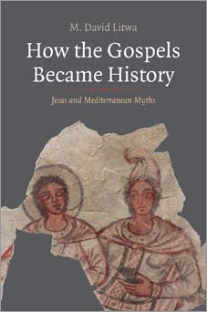H/T Ophelia Benson @ Butterflies and Wheels
President Trump told his national security adviser in August that he wanted to continue freezing $391 million in security assistance to Ukraine until officials there helped with investigations into Democrats including the Bidens, according to an unpublished manuscript by the former adviser, John R. Bolton.
The president’s statement as described by Mr. Bolton could undercut a key element of his impeachment defense: that the holdup in aid was separate from Mr. Trump’s requests that Ukraine announce investigations into his perceived enemies, including [the two Bidens].
Mr. Bolton’s explosive account of the matter at the center of Mr. Trump’s impeachment trial, the third in American history, was included in drafts of a manuscript he has circulated in recent weeks to close associates. He also sent a draft to the White House for a standard review process . . .
Fake news, of course.
Over dozens of pages, Mr. Bolton described how the Ukraine affair unfolded over several months until he departed the White House in September. He described not only the president’s private disparagement of Ukraine but also new details about senior cabinet officials who have publicly tried to sidestep involvement.
For example, Secretary of State Mike Pompeo acknowledged privately that there was no basis to claims by the president’s lawyer Rudolph W. Giuliani that the ambassador to Ukraine was corrupt and believed Mr. Giuliani may have been acting on behalf of other clients, Mr. Bolton wrote.
But but, . . . Continue reading “Woops!”


